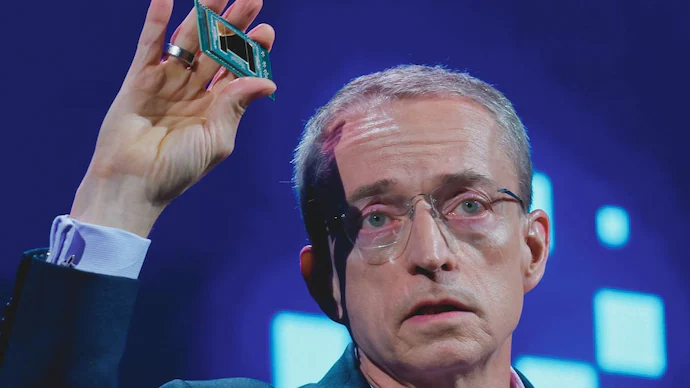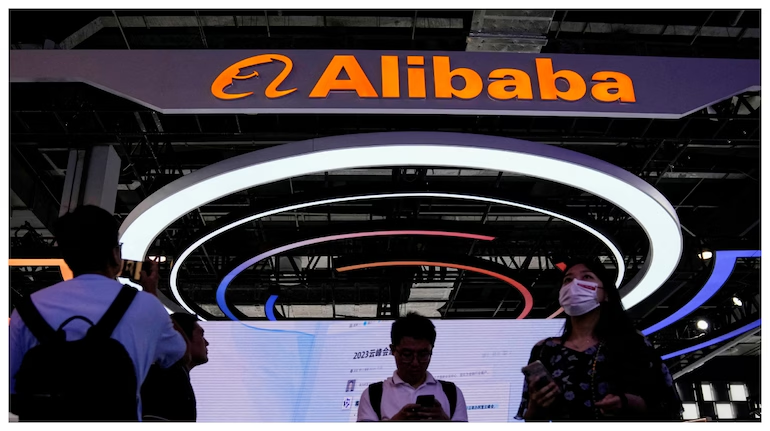
Qolab, a U.S.-based quantum computing startup, has announced a significant boost to its research and development capabilities with a $3.5 million investment from the Development Bank of Japan (DBJ). This funding aims to propel Qolab’s efforts in advancing quantum computing technologies, particularly in the realm of qubit innovation.
Founded by a team that includes former Google quantum leaders, Qolab has been on the cutting edge of quantum computing development since its inception in 2022. The team, led by CEO Alan Ho and Chief Technology Officer John Martinis, has been focused on enhancing qubit coherence, a critical challenge in making quantum computers more practical and reliable for widespread use.
The investment from DBJ underscores Japan’s ambition to play a pivotal role in the global quantum technology landscape. Japan has been steadily increasing its investment in quantum technologies, aiming to foster a robust ecosystem that can compete with the likes of the United States and China in this emerging field.
Strategic Implications:
- Global Quantum Race: The investment is part of a broader strategy by Japan to strengthen its position in the international quantum computing race. By supporting companies like Qolab, Japan is not only investing in cutting-edge technology but also in the potential economic and security benefits that come with quantum supremacy.
- Technological Advancement: For Qolab, the funds will be channeled into purchasing advanced equipment necessary for quantum computing development. This includes hardware that can potentially lead to breakthroughs in qubit stability and error correction, key hurdles in quantum computing.
- Cross-Border Collaboration: This move also highlights an ongoing trend of international collaboration in quantum technology. Qolab’s connection with Japanese financial institutions could lead to further partnerships and exchanges between the U.S. and Japan in the tech sector, promoting a global approach to solving quantum computing challenges.
Impact on Quantum Computing:
Qolab’s mission is to make quantum computing more accessible by developing high-quality, stable qubits. The field of quantum computing holds promise for solving complex problems in areas like drug discovery, cryptography, financial modeling, and climate modeling, where classical computers fall short. However, the technology is still in its infancy, with significant challenges like maintaining qubit coherence for extended periods.
Economic and Security Considerations:
The investment reflects a strategic economic play by Japan to not only foster innovation but also to safeguard future economic security. Quantum computers could potentially break current encryption methods, making quantum-safe cryptography a national security priority. By investing in Qolab, DBJ is indirectly supporting Japan’s cybersecurity strategies in anticipation of a quantum future.
Looking Forward:
While the immediate effects of this investment will be felt in Qolab’s labs, the long-term implications could be profound. As Qolab aims to bring quantum computing closer to practical application, the ripple effects could lead to a new era of computational capability, influencing industries from pharmaceuticals to logistics.
This investment is also a testament to the confidence in Qolab’s vision and leadership, coming from a body like DBJ, which is known for its careful selection of innovative ventures with high growth potential. The funding will likely accelerate Qolab’s timeline towards commercializing quantum technology, making the dream of quantum computing a reality sooner for businesses and researchers worldwide.
As quantum computing continues to evolve, investments like these are crucial steps towards making this technology not just a scientific curiosity but a cornerstone of future technology infrastructure.






